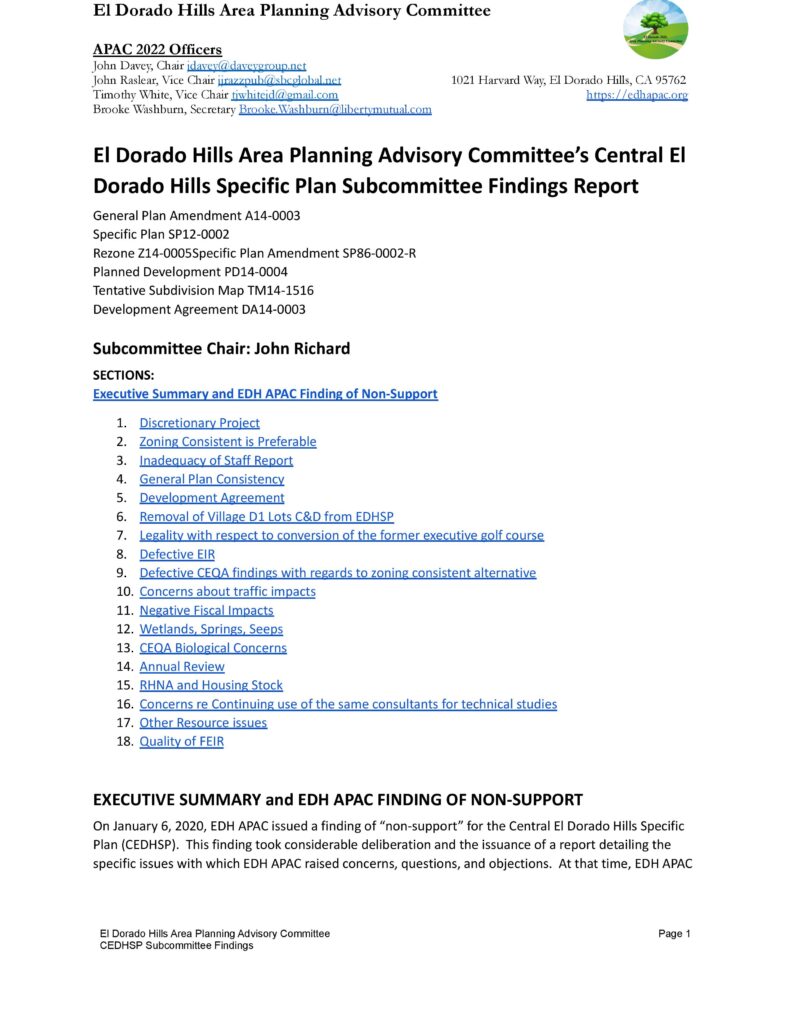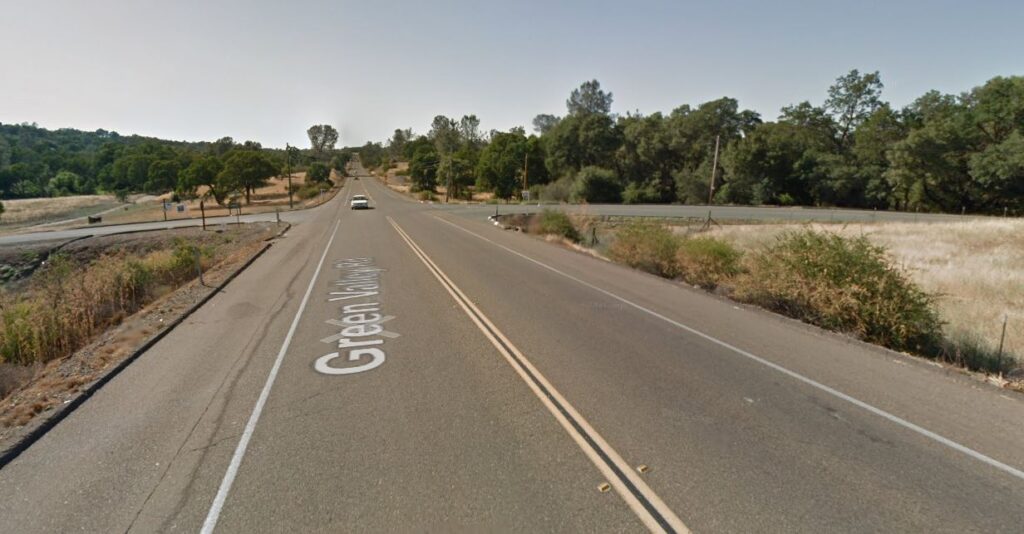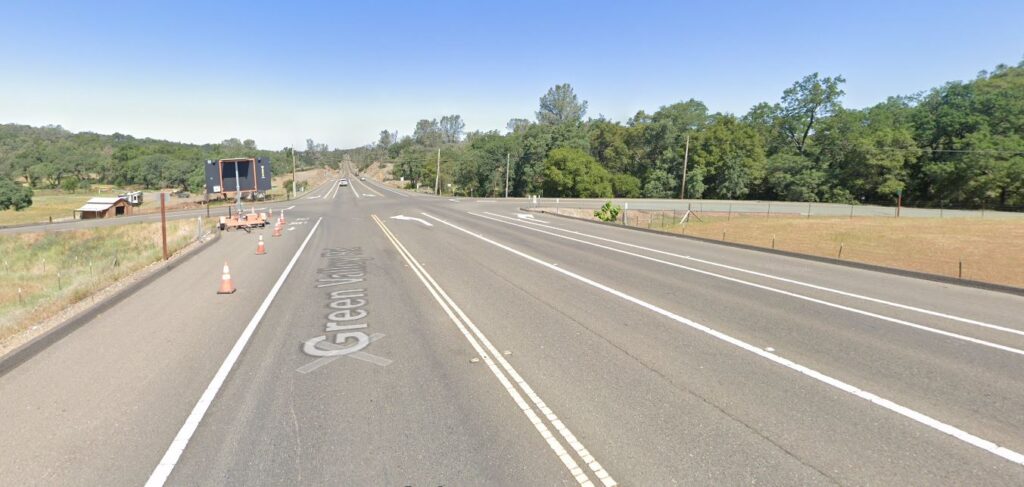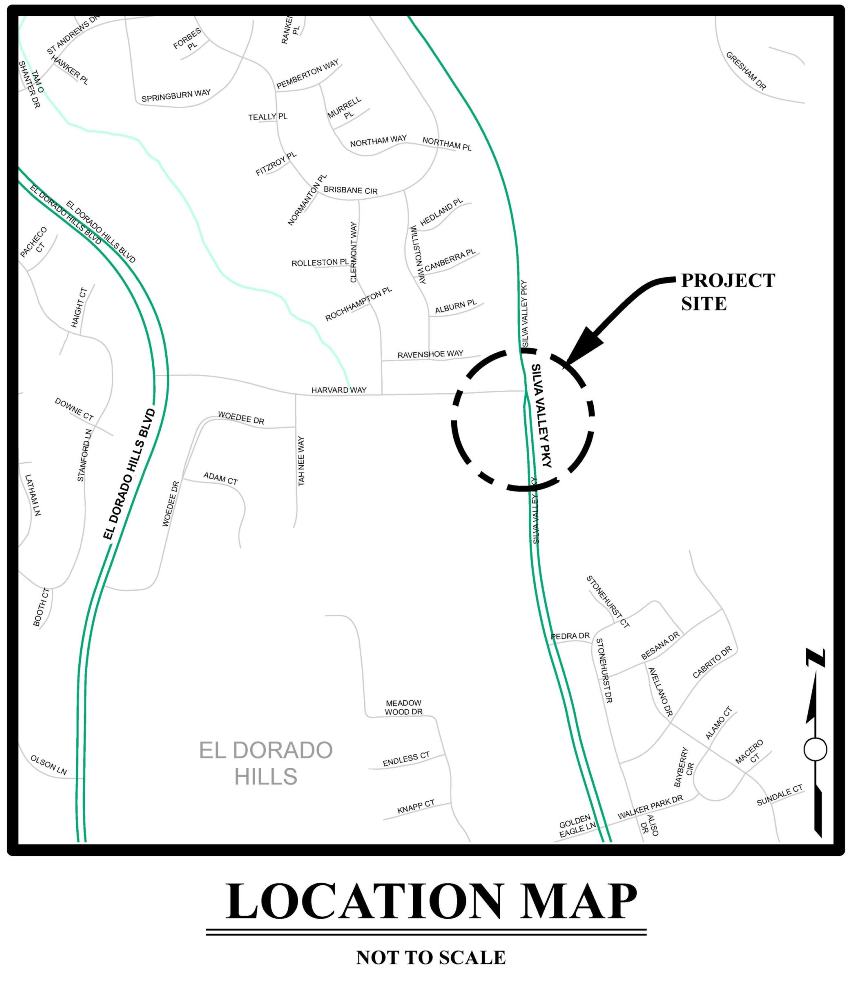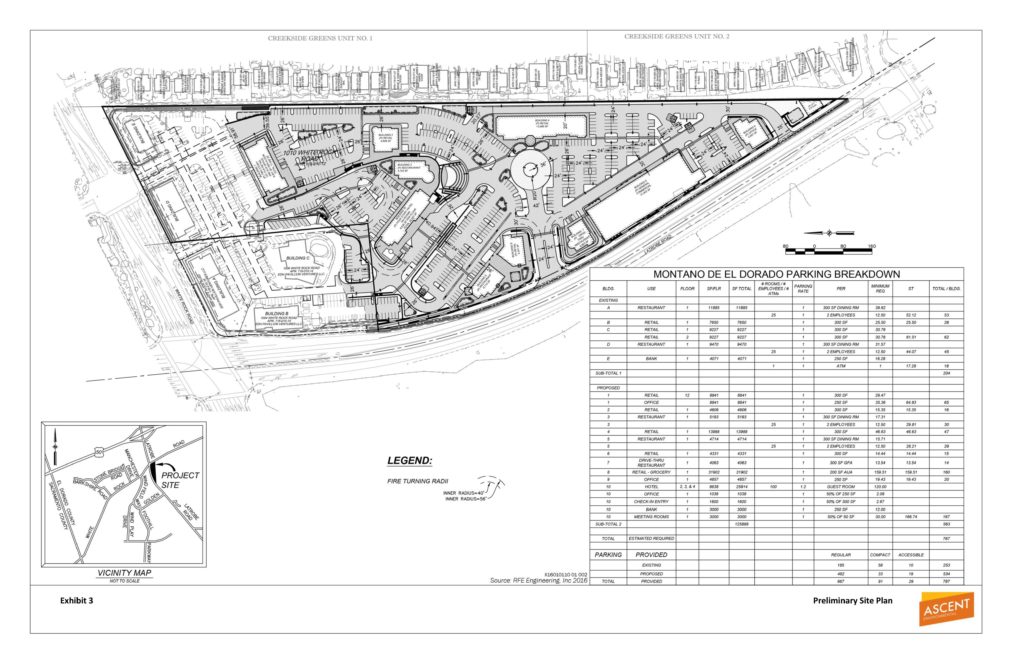Planning Commission June 9, 2022 CEDHAP Hearing – Commissioners vote to recommend project denial
Findings center on lack of General Plan Consistency, and El Dorado Hills public sentiment.
The El Dorado County Planning Commission held a public hearing to complete their deliberations on recommendations to the El Dorado County Board of Supervisors regarding the proposed Central El Dorado Hills Specific Plan. After a morning of receiving additional Public Comments (continued from the Planning Commission’s April 28, 202 2public hearing) the Commissioners heard additional updates from the project applicant, and from County Planning Staff.
After a lunch break, the Commission resumed their deliberative process, discussing issues among themselves, and providing their own opinions on many elements of the proposed Specific Plan. Eventually settling on concerns that the project as proposed was inconsistent with the Adopted 2004 Voter Approved General Plan, the commissioners first voted to not accept the Final Environmental Impact Report as complete on a four to one vote, with Commissioners Payne, Nevis, Harkin, and Vegna supporting, and Commissioner Clerici voting no. Following this, the Commissioners voted unanimously to provide a recommendation of Denial to the Board of Supervisors.
The project will move on to the Board of Supervisors for consideration. The Board of Supervisors does not have to accept the recommendation of the Planning Commission, and may, in fact, approve the project. No hearing date has yet been publicly announced.
The Meeting Minutes of the Planning Commission Hearing will be posted in the Planning Commission Documents section of the EDH APAC website when they are published by El Dorado County.
A Message to the El Dorado Hills Community from EDH APAC Chair John Davey
Many, many people have reached out to congratulate APAC regarding the Planning Commission decision to recommend denial of the Central El Dorado Hills Specific Plan to the Board of Supervisors – but to be honest, I don’t know that congratulations are appropriate, or warranted. I certainly join the majority in our community in thanking our APAC volunteers for their beyond-the-pale efforts in examining and reviewing the project. Additionally, many members of the community participated in providing feedback to the Planning Commission over several years, and their efforts should not go unrecognized.
As I mentioned again in public comments to the Planning Commissioners at the hearing, I really view our APAC finding of non-support, and the Planning Commission’s recommendation of denial as a failure – from all corners.
Failure from our community and APAC in conveying our concerns about the project in a way that the applicant and county planners could recognize that the project could have been modified in some beneficial manner that the community could support, and a failure from the applicant, planning staff, and the approvals process that this project took ten years to get to the Planning Commission with no meaningful compromises, that might have satisfied the community, and generated actual benefits that the community might have been able to support.
I absolutely take no joy in the project being recommended for denial by the Planning Commission. I believe it was the correct decision, but ultimately I regret the lost time of ten years, and squandered opportunities to find a recreational use for the former Executive Golf Course property, as well as the opportunity for needed multifamily housing in the Pedregal Plan area, to benefit our community.
JOhn Davey, El dorado Hills Area Planning Advisory Committee chair.
My hope is that a community approach can be undertaken to generate a project (or projects) for the properties that respects existing zoning. One that our residents can support, that enhances the things we all love about El Dorado Hills, and that is a beneficial project for the property owner. Understandably many may perceive a sense of animosity between members of the community and the project applicant. That is unnecessary – this all revolves around a simple disagreement, and nothing more. It’s natural and healthy to have reasonable disagreements. What we do to resolve our disagreements speaks more about our community, than arguing about the issues.


